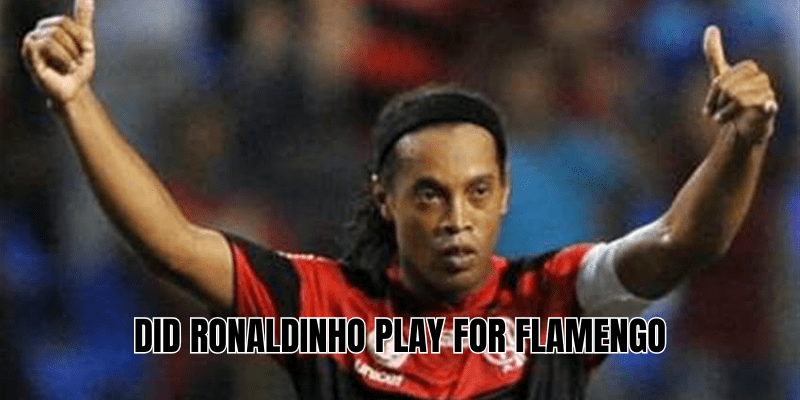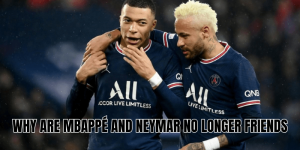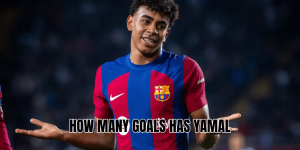From the moment whispers swirled of a “homecoming” to Brazil, fans wondered: did Ronaldinho play for Flamengo? The story that unfolded is one of drama, brilliance, and controversy. In this article, AnnuGoal will guide you through exactly when Ronaldinho joined Flamengo, what he achieved there, why his time ended abruptly, and how his Flamengo chapter fits into his legendary career.
Ronaldinho’s path back to Brazil
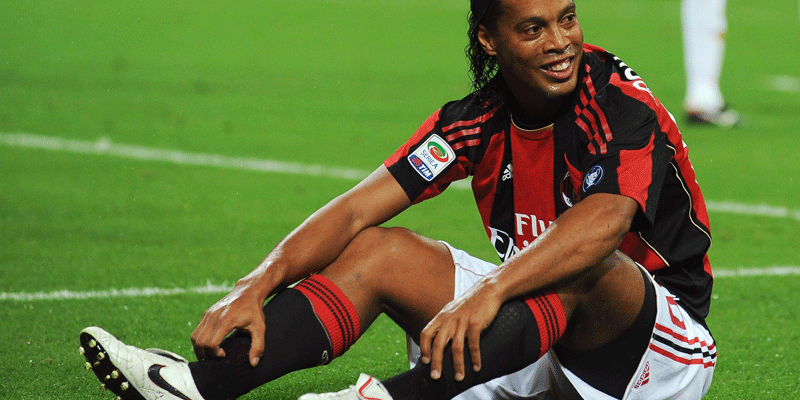
After a glittering decade in Europe — making his name at Paris Saint-Germain, Barcelona, and AC Milan — Ronaldinho’s career had reached a crossroads. Contracts were expiring, ambition was evolving, and many speculated whether he would extend in Europe, move to the MLS, or return to Brazil.
In January 2011, he chose home. He signed a contract with Flamengo, one of Brazil’s most iconic clubs, returning to Brazilian football after nearly 10 years abroad. His debut was met with a hero’s welcome: thousands of Flamengo supporters gathered to greet him as his reunion with domestic football began.
Thus, the simple answer is: yes — Ronaldinho did play for Flamengo — and not just in passing.
Tenure at Flamengo: Highlights and stats
Contract and expectations
Ronaldinho joined Flamengo on 11 January 2011, signing a multi-year deal intended through 2014. His arrival was heavily publicized, as the club hoped his global star power would boost both performance and prestige.
On-field performance
During his Flamengo spell:
- He featured in around 72 matches across all competitions, scoring 28 goals.
- In the national league, he recorded 33 appearances and 15 goals in the 2011 season, and added a few more in 2012 before leaving.
- Early on, he made an instant impact: his first goal came in a 3–2 win over Boavista, and shortly after he scored a match-winning free kick in the Taça Guanabara final.
- One of the most memorable moments was a sensational hat-trick he scored in a 5–4 comeback against Santos — Flamengo had trailed 3–0 early, but with Ronaldinho’s magic, they turned the game on its head.
Beyond league matches, he also contributed in state championships, cup tournaments, and high-profile fixtures. Flamengo won the Campeonato Carioca (Rio de Janeiro state championship) in 2011, securing titles like Taça Guanabara and Taça Rio along the way.
Despite flashes of brilliance, his Flamengo era was inconsistent — at times dazzling, at others frustrating for fans craving stability.
Friction and departure
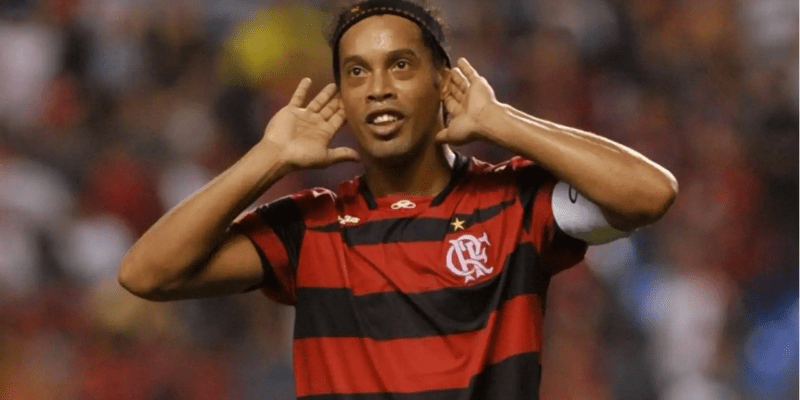
While Ronaldinho’s arrival at Flamengo was greeted with high hopes, his exit was anything but smooth.
Salary and legal dispute
By mid-2012, tensions had escalated. Ronaldinho alleged that Flamengo owed him several months of unpaid wages, prompting a lawsuit. The dispute led him to unilaterally terminate his contract in May 2012.
Lack of consistency
Another underlying issue was inconsistency. Injuries, dips in form, and friction with management made it harder for Flamengo to rely on him as a fulcrum.
Shortly after leaving, he joined Atlético Mineiro, where he would achieve further redemption — but the Flamengo chapter ended on sour terms.
Flamengo in the context of Ronaldinho’s career
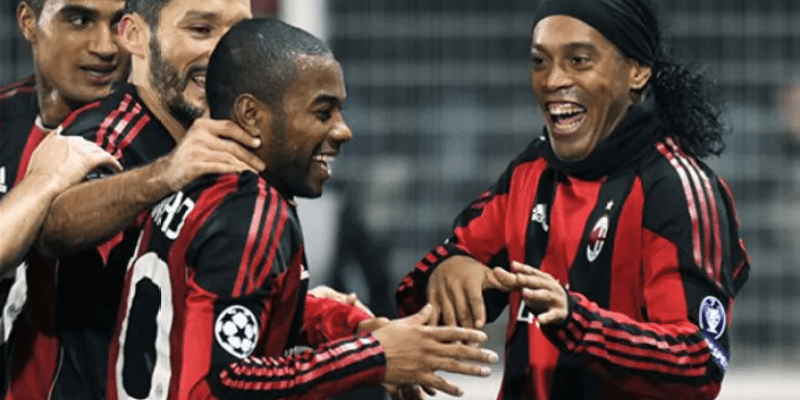
Ronaldinho’s time at Flamengo marks one of the few stints he spent in Brazil during his prime years. Looking at his career trajectory:
- Before Flamengo, he had already won La Liga, the UEFA Champions League, and earned Ballon d’Or honors.
- The Flamengo stint came after his European peak, as he attempted to return to prominence in Brazil.
- After Flamengo, his career would take him to Atlético Mineiro, Querétaro (Mexico), and a final short spell at Fluminense before retiring.
While his Flamengo tenure wasn’t the most glorious or stable, it remains a significant chapter: a homecoming filled with both magic and turbulence.
Legacy of Ronaldinho at Flamengo
Despite the issues, Ronaldinho’s spell at Flamengo left a mark:
- Iconic performances: His hat-trick against Santos is still replayed as one of his greatest displays in Brazil.
- Fan connection: His arrival reignited passion among Flamengo supporters, who saw him as a returning hero.
- Mixed memory: While some will remember financial woes and unfulfilled expectations, many still celebrate his daring runs, creativity, and moments of pure genius.
In club histories, Ronaldinho’s Flamengo era sits as a fascinating footnote — not the peak, but hardly negligible.
Final Thoughts
In conclusion, Ronaldinho did play for Flamengo,. His time at the club was a blend of stardom and strife: memorable goals, state titles, legal fights, and abrupt departure. Today, fans still debate whether Flamengo got the best out of him — but there’s no denying the chapter exists.
If you’d like to dive deeper into Ronaldinho’s Flamengo match-by-match stats, compare his Flamengo vs Mineiro periods, or explore his legacy at other clubs, let AnnuGoal know — we’ve got more stories waiting to be told.
